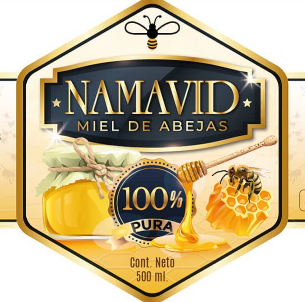It is essential to recognize the importance of coral reefs as one of the most impressive and fragile ecosystems on the planet. As they face an uncertain future due to environmental threats, snorkeling enthusiasts and other visitors play a critical role in their protection and preservation.
By following these simple recommendations, you can become a snorkeler who positively contributes to the health of corals and oceans.
GENERAL RULES
Do not touch anything
Keep a respectful distance from everything you encounter in the water. Physical contact can damage delicate corals and scare marine life.
Respect for marine life
Do not chase, mount or harass marine animals. Observe their behavior without intervening in their natural habitat.
Don't pick up anything
Unless it's trash, don't remove anything, dead or alive, from the water. Harvesting can negatively affect ecosystems.
Do not feed or handle
Do not feed marine animals and avoid touching them, unless you do so under the supervision of experts and following specific rules.
Without gloves
Avoid wearing gloves in coral environments. This will make you more aware of what you touch and minimize potential damage.







